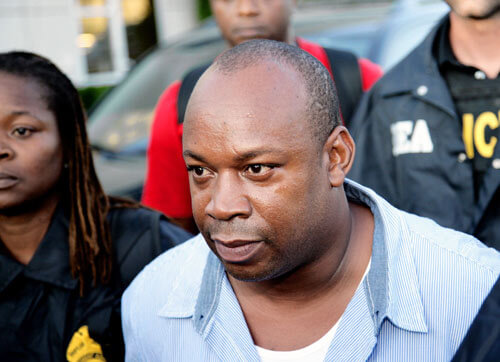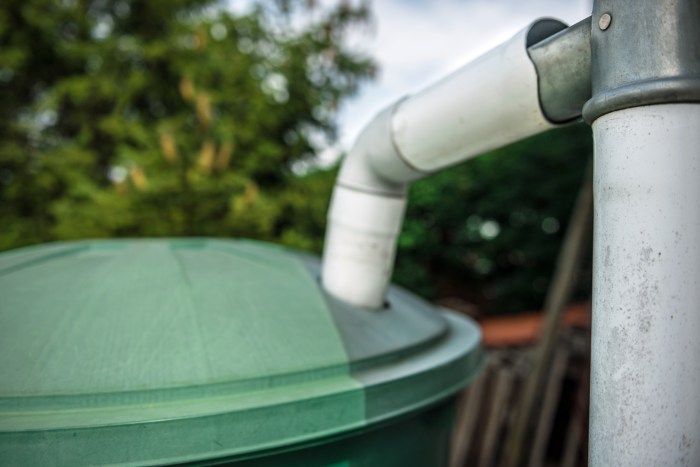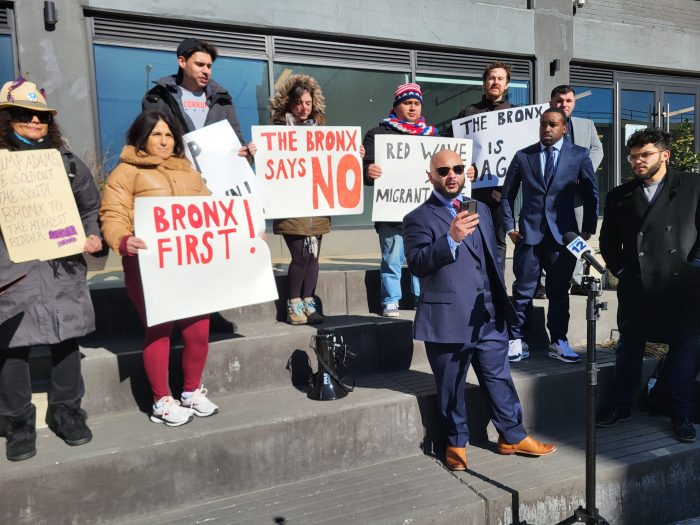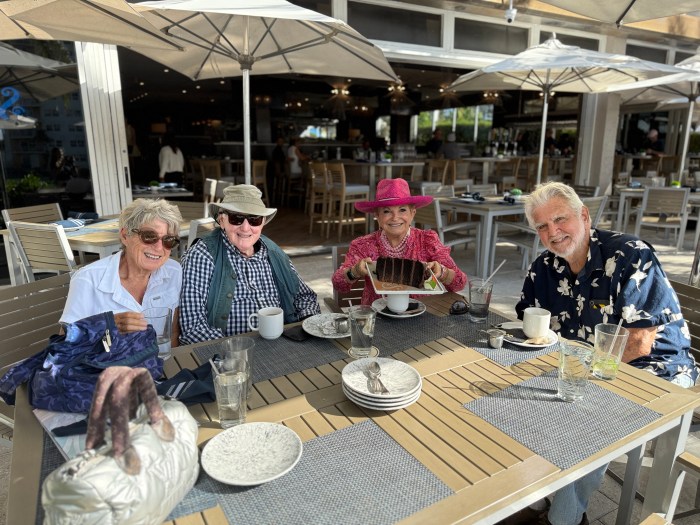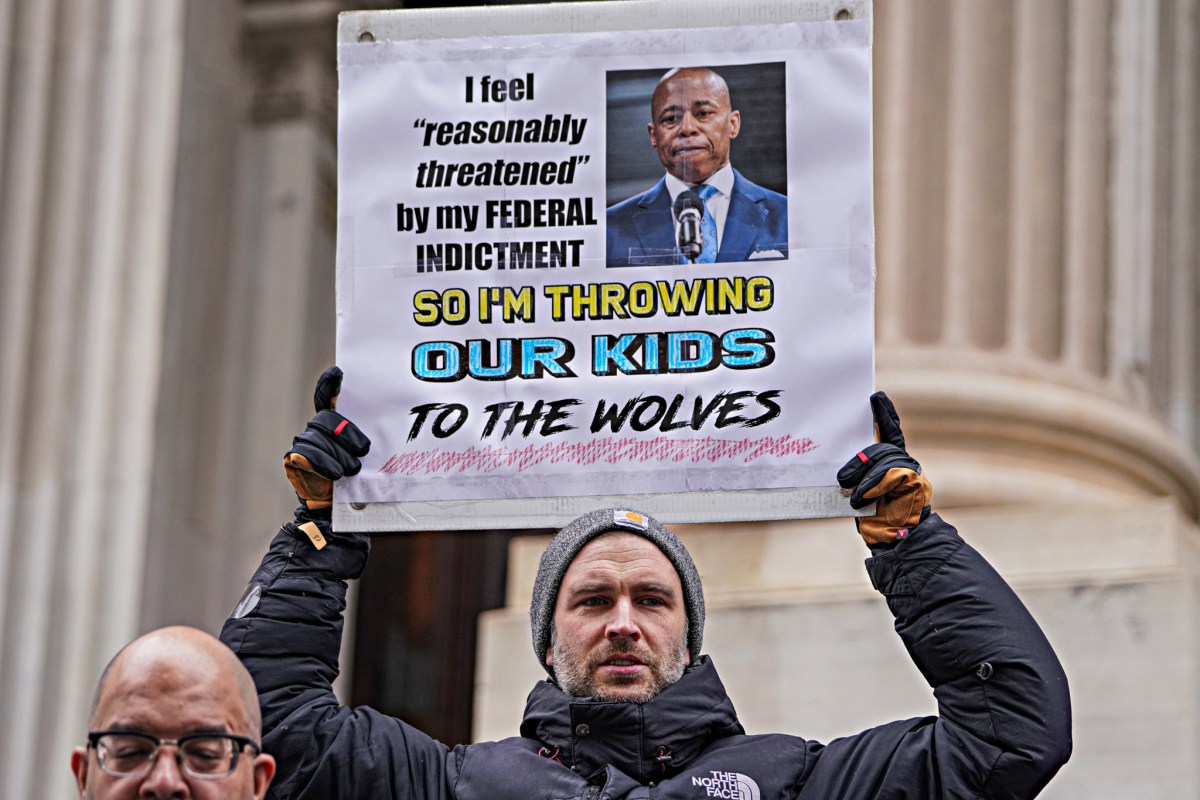KINGSTON, Jamaica (AP) — Investigators in Jamaica have traced a relatively paltry sum of dirty money to a convicted gang kingpin who profited from government contracts while he oversaw an international crime syndicate, a senior official said Tuesday.
Christopher “Dudus” Coke long controlled a sizable network of drug dealers and he was once identified by the U.S. Justice Department as one of the world’s most dangerous drug kingpins. He surrendered to authorities and was quickly extradited to the U.S. in June 2010, about a month after Jamaican soldiers and police conducted a bloody siege of the blighted West Kingston slum that served as his virtual fiefdom.
But the director of the Finance Ministry’s investigative division the past two years said Tuesday that his agency has uncovered bank accounts with just $300,000 they can trace back to the gangster, who is serving a 23-year sentence in a U.S. prison. They are seeking to confiscate the money through the island’s courts.
Justin Felice voiced frustration with the amount that could be traced to Coke, the second-generation leader of the notorious Shower Posse syndicate that got its name from the gang’s practice of “showering” its enemies with bullets. Without disclosing specifics, Felice said that a “lack of meaningful information and intelligence from other law enforcement agencies has been disappointing” and hobbled their investigations.
State agencies also were forced by Jamaican courts to return property and real estate to Coke’s mother, girlfriend and former business associates such as Justin O’Gilvie. Coke and O’Gilvie were partners in at least two companies that organized popular street parties and won public works contracts in West Kingston’s slums.
Coke “was getting government contracts for all sorts of activities, and obviously some of those were allegedly legitimate contracts,” said Felice, a British national who previously worked at the anti-corruption branch of the Jamaica police force.
In a country where gangs have long benefited from ties to the two major political parties, Coke ran a criminal empire out of the Tivoli Gardens neighborhood that seemed untouchable until Jamaican officials agreed to act on a U.S. extradition warrant. His slum stronghold was aligned with the Jamaica Labor Party and in 2010 was represented in Parliament by then-Prime Minister Bruce Golding, who stonewalled Coke’s extradition for nine months.
Once Golding’s administration gave in, a state of emergency was imposed and security forces besieged Tivoli Gardens, where Coke was credited with enforcing public order while using violence to strike fear into both foes and followers. At least 76 civilians were killed. Jamaican authorities caught Coke a month later, only after he decided to surrender.
At Coke’s 2012 sentencing, U.S. District Court Judge Robert Patterson ordered the gangster to forfeit more than $1.5 million, but U.S. officials haven’t said whether they found any of his assets. Felice said his agency works “very closely with our U.S. counterparts” and expects no squabbles over Coke’s assets that can be forfeited in Jamaica.
David McFadden on Twitter: twitter.com/dmcfadd


